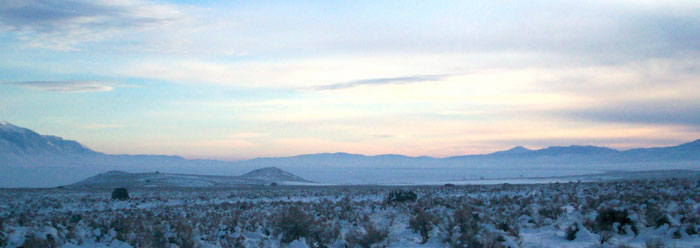
Newfound Planet Is '100 Percent' Sure to Have Life?
A number of factors are required for life to exist--the presence of water, sustainable atmosphere, and appropriate temperature ranges, just to name a few. How many of these requirements should be observed in a distant planet in order for a serious scientist to claim that life there is a sure thing?
Just one, according to a University of California Santa Cruz astronomer.

Ancient Oxygen-Rich Rocks Confound Evolutionary Timescale
Many origin of life researchers have for decades argued that the early earth must have had a “reducing” atmosphere, meaning that it had very little oxygen. This argument has no direct evidence to support it other than the knowledge that oxygen destroys the delicate molecules that comprise cells today.

Methane on Mars: The Stuff of Life?
On January 15, 2009, NASA scientists announced what they believed could be evidence of life on the planet Mars. What they had actually found was methane in the atmosphere, a gas that can be produced by either living organisms or non-living geological processes. The origin of the methane is currently unknown, so speculation that Mars is a “living” planet is somewhat premature.

How Young Is the Earth? Applying Simple Math to Data Provided in Genesis
When Abraham was born, how old (or young) was the earth? Can we know the answer with confidence? Yes, if God has given us the information we need in Genesis. And He has. But to recognize it requires reading, writing, and 'rithmetic--and one more critical ingredient: avoiding the irrelevant issue of whether Genesis genealogies are "open" or "closed."

Great Turnovers!
The book of Job contains interesting allusions to "overturning" of mountains and of the earth that, on the surface, appear to have relevance to geology. One must say "appear," because Biblical creationists like me can be accused of being overly literal!









